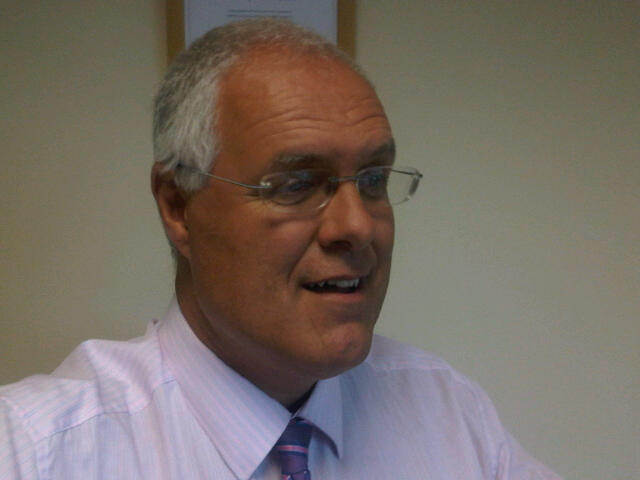But what happened inbetween?
There was good news for taxpayers; An increase in personal allowances from 6th April, 2013 to £9,205 and if you are paying personal tax at the highest rate then, this will be reduced to 45% rather than 50%. Also instead of withdrawing child benefit for higher rate taxpayers, the Government will now only withdraw the benefit when someone in the household has an income in excess of £50,000. In fact, they can earn up to £60,000 of income until it is withdrawn altogether.
A further announcement that he made was in reference to the self employed where, if their turnover for the tax year was less than £77,000 then they could produce their accounts for self assessment purposes using the cash basis. It will be interesting to see how this works in practice.
Corporation tax rates for companies with taxable profits of £1,500,000 and above were reduced to 24% from April this year.
Funding of ultra-fast Broadband for 10 of the U.K.'s largest cities, extending film tax credit to video games, animation, and high end TV production industries, £100m support for new University research facilities and the creation of a U.K. centre for aerodynamics. It seemed that all the chancellor wanted to do was to give everything away.
BUT; there inevitably was a sting in the tail. As expected stamp duty on residential properties worth over £2m has increased significantly - from today!
Fuel duty; despite heavy lobbying by motorists, will not change. It will increase by 3p in August, although no further changes are announced. Vehicle Excise Duty will increase by inflation for motorists, but not for Road Hauliers, whose Vehicle Excise Duty is frozen.
As expected; duty on tobacco took a hit, it will now cost smokers an extra 37p per packet of cigarettes from 6.00pm tonight, but no changes for alcohol.
There were some further measures concerning; energy, planning regulation, helping young people with loans in order to start a business and some propsals concerning tax reform, transparency and anti-avoidance.
A good budget for business? It would have been encouraging if the chancellor had looked at initiatives to increase sales, reduce business costs and the burden on employers, and to increase the incentive for business owners to invest in their business.
A temporary reduction in VAT would have reduced the cost to the end consumer, thus boosting sales; the effect would have been felt all the way up the supply chain.
For private individuals and for non VAT registered businesses, this would produce savings on their personal costs and overheads.
A decrease in fuel duty would have reduced business costs as the cost of delivering products and services would have been reduced. A reduction in employers NIC would have acted as an incentive to recruit rather than reduce employment costs. Increasing capital allowances would have encouraged investment.
However; as with all budgets through the years, there will be some who lose out and some who will gain. It is just that the ones who gain can raise a glass tonight knowing that there is no increase on duty on their favourite tipple.
